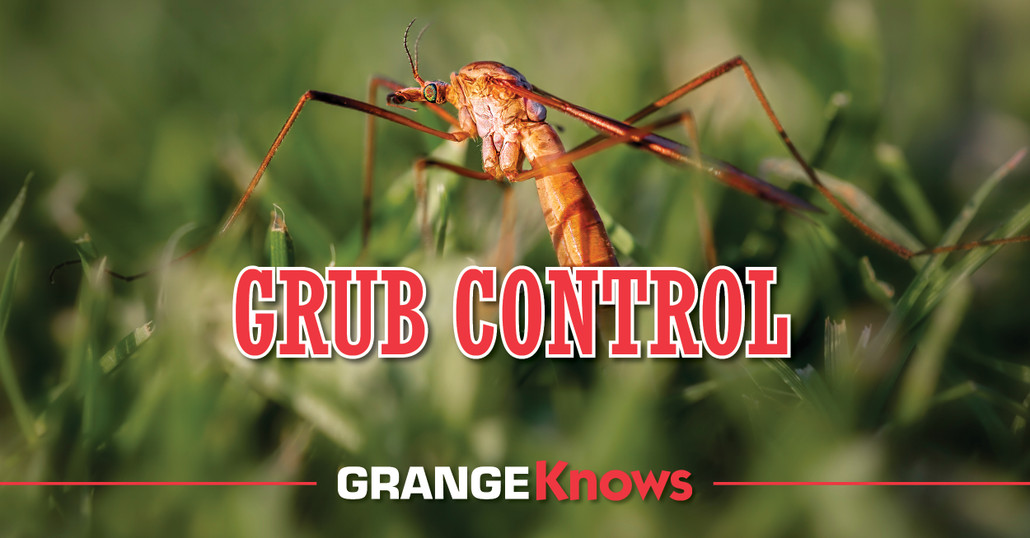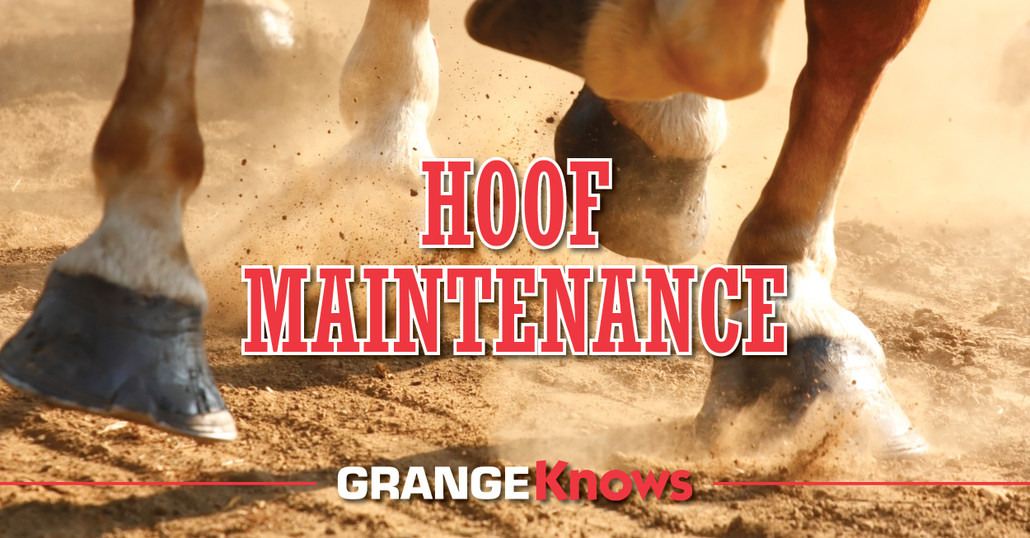Posted by Grange Co-op on 26th Mar 2019
Damage from grubs can be easily misdiagnosed. They are unseen pests creating patchy dead spots of grass that often look similar to drought. This GrangeKnows article will provide you the tips and methods necessary for proper grub control.THE LIFE CYCLE OF LAWN GRUBS
The most common lawn grub in the Pacific Northwest is the larvae of the European Crane Fly. These pests prefer to feed on the roots, emerging stems and leaves of grass plants. Adu… Read more
Posted by Grange Co-op on 18th Mar 2019
Despite its plush, fuzzy green exterior, moss can be destructive, often spreading through lawns, eventually choking out grass. When turf grasses are weak, such as near the end of winter when grass is depleted of its nutrients, moss thrives. Moss can overtake weak turf with the ability to weather low temperatures and thrive in shady, wet areas. Moss control is attainable and easily maintained. This GrangeKnows article discusses how to halt moss… Read more
Posted by Grange Co-op on 13th Mar 2019
Horses are beautiful creatures and so graceful when they move – their poise and distinguished movements mesmerize even non-horse people. Case in point, who doesn’t love watching the Budweiser's Clydesdales with their long manes, flowing tails, and feathering pasterns? Everyone can agree, mane and tails are gorgeous, especially when they are cared for.
Keep in mind, all breeds are different and not every horse can grow a long and luxurious ma… Read more
Posted by Grange Co-op on 28th Feb 2019
Ever heard the saying, “
No hoof, no horse?" If a horse's hooves lack care on a regular basis and the horse isn’t being properly fed, riding is not going to be possible. Hoof care and maintenance isn't just every six to eight weeks when the horse is due for a trim or shod, hooves should be checked, handled and cared for daily.DAILY CLEANING IS HOOF CARE
Cleaning out hooves daily not only keeps debris out, but it also gives you an idea of… Read more



